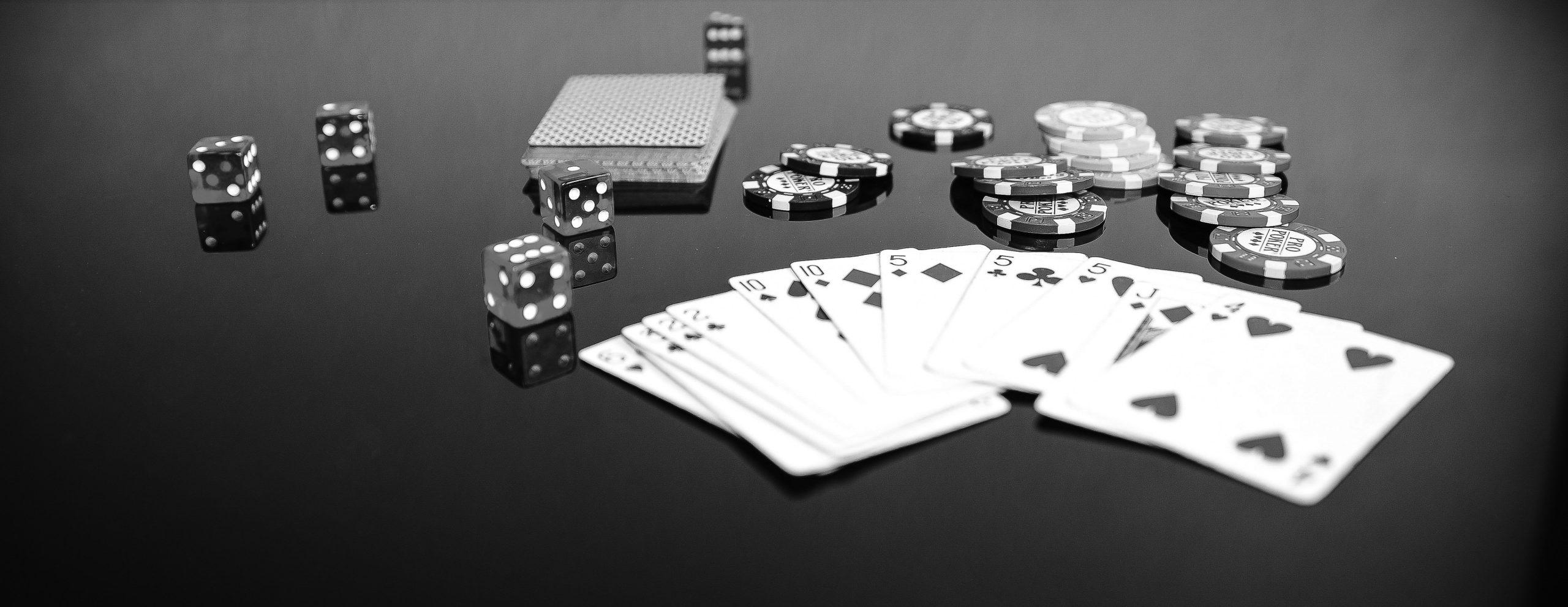When most people think of sports, they think of games involving physical exertion. However, many students at Paly play a different kind of sport: cards.
Unlike traditional sports, card games involve more mental stimulation, rather than muscular coordination; nonetheless, they are classified by the International Olympic Committee as sports.
[divider]Bridge[/divider]
According to the World Bridge Federation (WBF), bridge evolved from a 17th century card game called Whist. For many, the popular card game is considered a challenging, thought-intensive mental sport, requiring strong logic and calculation. Since Bridge is played in a 2v2 format, teamwork is essential to success.
Recent Paly graduate Stella Wan was a member of the Paly Bridge Club. Wan joined the Club her sophomore year and has been playing Bridge competitively for three years.
“[Bridge club] basically changed my life,” Wan said. “I would not know what my life would be like without bridge because all my close friends are bridge players, and they have all influenced me in who I am today. You know, we’re all friends beyond bridge.”
In July, Wan, along with several members of the Paly Bridge Club, participated in the 17th World Youth Team Championships organized by the World Bridge Federation (WBF). According to Wan, the tournament offered her an amazing experience, as she had the opportunity to meet competitors from all over the world.
“Even though Stella hasn’t been playing very long, she’s a pretty strong bridge player,” former Bridge Club member and Play graduate Cornelius Duffie said. “She always enjoys working on improving her game.”
Duffie was part of the Bridge team representing Paly at the Jiangxi Invitational last summer. He started playing Bridge in middle school and is still continuing it as a hobby in college.
“Bridge is a great game because of its extraordinary complexity and the necessity of teamwork. One important way it differs from some other strategy games like chess is the lack of complete information, which in some ways makes problems in bridge more similar to problems one faces in real life. One of our mentors always says everything in life can be found in bridge.”
Cornelius Duffie
According to Wan, she still practices bridge at college through Bridge Base Online, a website providing bridge players from all over the world a platform to enhance their skills.
Next year at the University of California, Berkeley, Wan plans to start an organization teaching young children how to play bridge.
Throughout the years, as mind games like chess started gaining more international recognition, bridge players began their quest to be categorized as a sport. In 2017, the European Union Court ruled that bridge should not be considered a sport. However, according to WBF, the organization was recognized the International Olympic Committee as a mind sport.
“It’s hard to say [whether bridge is a sport or not],” Wan said. “Although you’re not physically moving, you’re constantly challenging your mind.”
[divider]Texas Hold’em Poker[/divider]
Texas Hold’em poker is widely considered the quintessential American mind sport. A timeless game that Paly students have started playing, poker has a rich history with influences from a multitude of different cultures and time periods.
The oldest game which draws strong similarities to poker dates back to a 10th century domino-card game played by a Chinese emperor. Since then, many variations and developed; the most modern version was adopted in the 1800s by French colonists in Louisiana, according to History.com.
Poker is even a part of Paly student culture, although so far, there is not an official club for the game.
“I started playing poker as a kid with my family, but now I’ve progressed to playing with my friends,” junior Ella Jones said.
Despite a federal judge’s ruling on Aug. 6, 2013 in the United States v. DiCristina case that poker is a game of skill rather than luck, the public debate about whether poker is a game of luck or skill still remains.
“I think, at a low level, the game is mostly just based on luck,” junior Lucas Finot said.
Other players, however, think the game relies on a combination of luck and skill.
“[Poker is] a nice blend of strategy and chance. While luck plays a role in what kind of hand you get, strategy is king in all other facets of the game.”
Junior Ella Jones
According to junior Ben Felter, a player’s skill level usually becomes apparent by the amount of money they have left at the end of the game.
This combination is what draws professionals to the game, though the social aspect has a larger appeal to many high schoolers.
“I love poker because it’s just a great way to spend time with friends and get people together while showing them I’m superior in my big money winnings,” Jones said.
Poker presents an opportunity to spend time with friends in a unique environment.
“The atmosphere of the poker table often creates interesting conversations and great opportunities to joke with each other,” Felter said.
Some stakes, whether in the form of chips or money, are usually required to keep the game competitive among friends. While Jones said she generally plays with chips, Finot prefers to play for money.
“When I play with friends, we play for money, but it’s usually a pretty small amount; it’s only so that it’s a little bit more competitive and so people don’t just screw around.”
Lucas Finot
To Felter, the stakes is a part of the appeal to the game.
Felter said, “I think that the risk involved with using money is part of what makes poker so enjoyable.”





